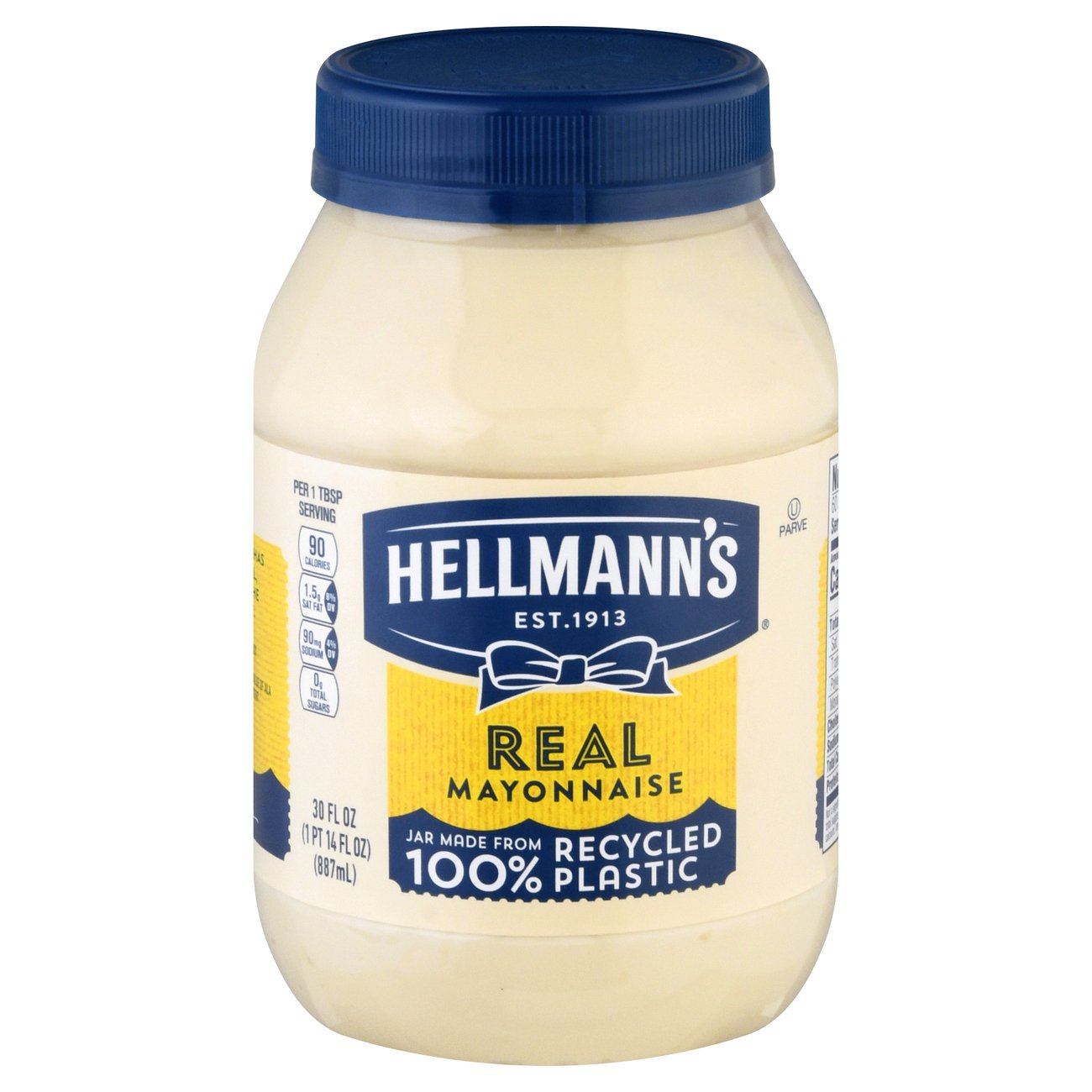https://nitter.net/TrueAnonPod/status/1670964207557173248
beyond a certain depth, if a submersible fails, you just die
it's like a space ship in that regard
worse than a helicopter imo
at least there's a tiny chance you land on something soft and don't get bisected by debris
but if your sub goes bad, you are definitely getting the bends if you don't just get crushed/drownmodern helicopters can even land safely while autorotating, which isn't pleasant but it'll keep you from dying instantly in the crash. There's no equivalent to that with subs.
It's way, way worse than a spaceship. On a spaceship you've generally got enough water and oxygen via the fuel cells to last a week or two, you'll probably die of overheating or CO2 (CO2 is also the issue with a large sub disaster like the Kursk). On a sub like this...you'll freeze or die of lack of O2.
Also, loss of pressure on a spaceship is bad but survivable. 1 atm to zero. The Byford Dolphin was 450 meters down and that was 9 atm to zero. The Titanic is 3800 meters down (0 to 380 atm, the other way round, explosive compression.).
If Apollo 13 had happened on a sub it's arguable there'd not be enough left of the craft to show up on sonar.
Wait what difference are you trying to describe between lack of O2 and overabundance of CO2? Both of these go hand in hand in these situations right? There isn't a CO2 scrubber on a submarine that doesn't work either. That seems like a terrible way to go because CO2 hurts when it's built up in your blood
I don't know about submarines and CO₂ scrubbers, but if someone locked you into an airtight room, you'd die of CO₂ poisoning long before you ran out of oxygen. I assume if you can remove the CO₂ somehow, then you'd run out of oxygen eventually.
There are chemical CO2 scrubbers that don't need electricity, so in principle you can die from lack of O2 while having livable CO2 levels. (though now you mention it I feel that the sub that failed it's depth rating test due to hull fatigue and then posted an FAQ about how it didn't need a rating because "disruption" does not have emergency CO2 scrubbers)
That is true, but I'd still rather be stuck in LEO than on the abyssal plain. People have been rescued from LEO, people have spent years stranded there. If i recall current record for submersible rescue is at half the depth of Titanic, and was a very very near run thing.
>[the submarine] is guided by text messages sent by a team above water
Most of the "crew" was smart enough not to actually get on the thing.
Transportation safety comparison. Private vs commercial airplanes. I'm not really sure what to conclude from these stats besides "don't go in a space shuttle."
don't go in a space shuttle
As awesome as it was in concept, that thing was a safety nightmare from the very beginning. With every other manned spacecraft if something goes wrong during launch you can blast off and land the capsule safely in the ocean, but with the shuttle there were large portions of the ascent and descent profiles where, if something went wrong, you were going too fast to turn around but too slow to make it to space so you were just hosed.
My understanding is that the risk of riding in a private aircraft is comparable to the risk of riding on a motorcycle. The "private airplanes" category is skewed significantly by the "experimental" class of airplanes, which includes shit that some guy built out of a mail order kit.
motorcycles are pretty safe if you survive the first two years of riding one
(I heard this on the internet and it feels clever so I did not fact check it at all.)
idk if that's true, but I know from Bret Tkacs videos that something like 80% of motorcycle crashes are single-vehicle incidents ie high siding or hitting a wall. Bikes just have a lot less room for error than cars, full stop.nope, see my correction below
I actually remembered the stats completely backwards. Here's the relevant quote from the Hurt Report
Approximately three-fourths of these motorcycle accidents involved collision with another vehicle, which was most usually a passenger automobile.
Approximately one-fourth of these motorcycle accidents were single vehicle accidents involving the motorcycle colliding with the roadway or some fixed object in the environment.
 "hah that doesn't apply to scooters, right, right?"
"hah that doesn't apply to scooters, right, right?"I think that's technically true just cause so many new motorcyclists just make life threatening mistakes before they're fully comfortable on it, but the real danger is that even if you get over that learning curve, no matter how good you are, you only have to share the road with one bad or even just momentarily absent-minded driver in a car to be killed or permanently disabled.
Only the Ocean Gate Titan can reduce four millionaires to a soup like homogenate
Should also add very small boats, like kayaks, dinghies, and canoes.
I feel the issue with Kayaks is that they look simple as fuck, and most places will rent one without checking that you actually know what you're doing, or know what to do if things go (literally) sideways.
my first thought of the sub was "this sounds like a trueanon rule"; surprised it wasn't already















